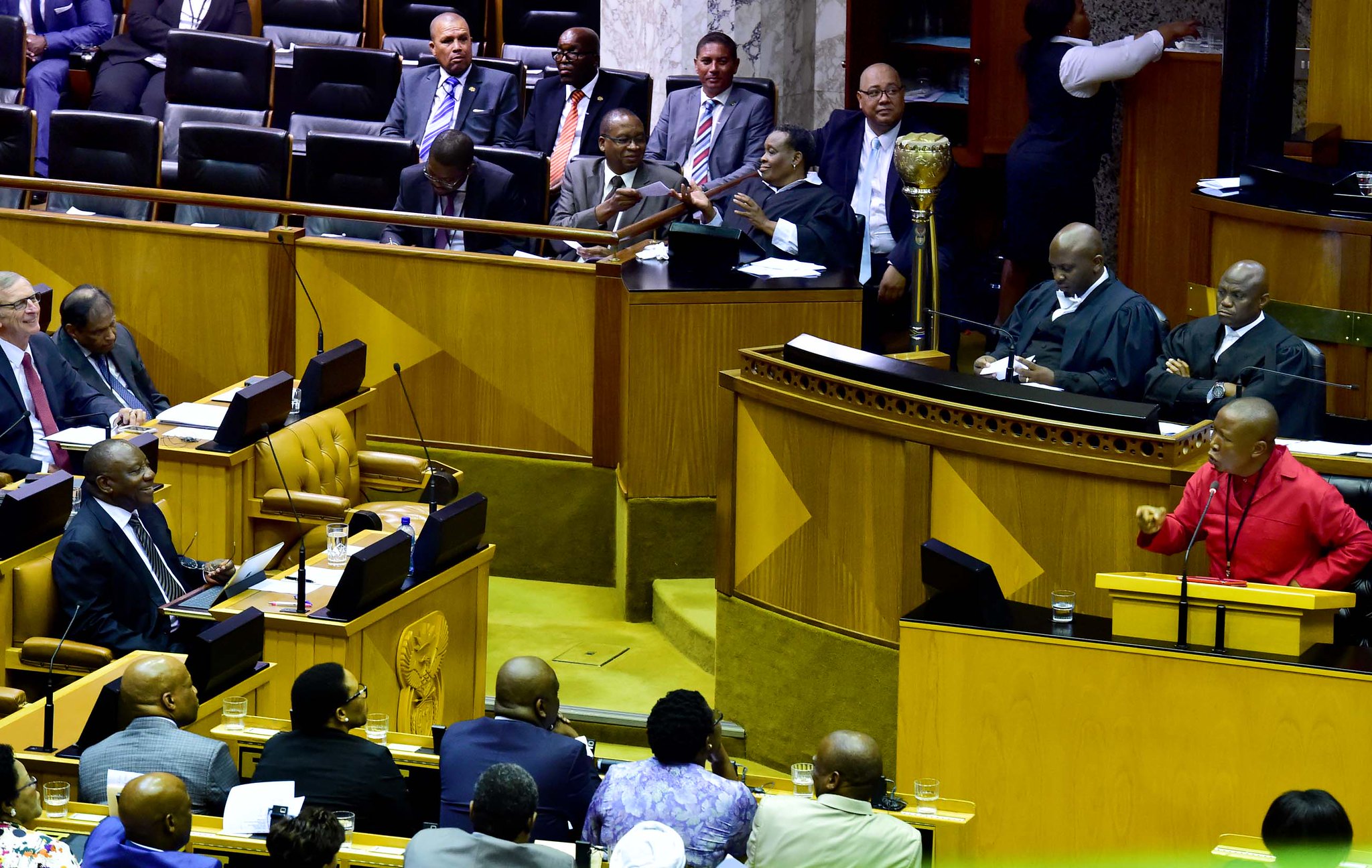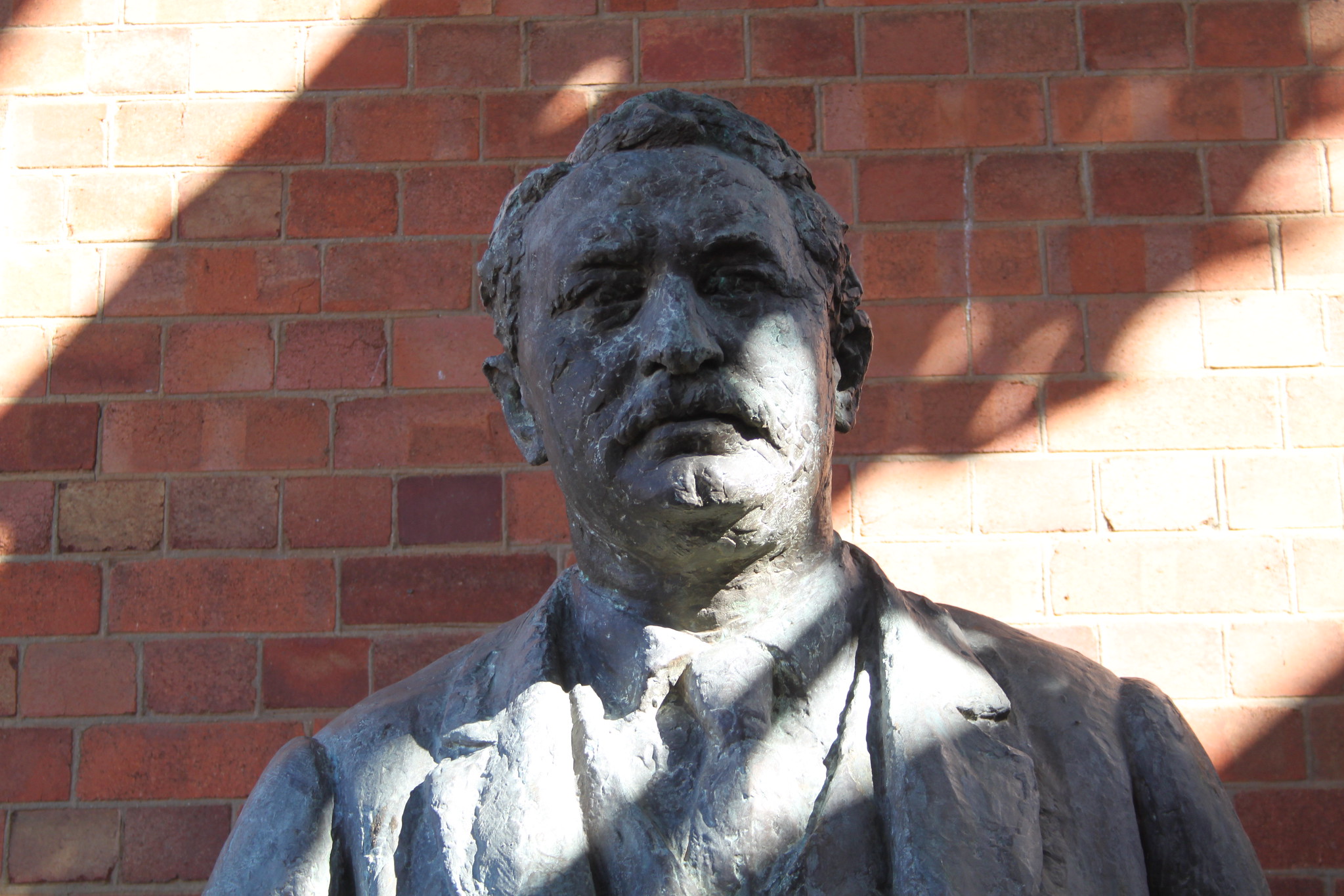In the face of apartheid policies, Black South Africans living in urban areas created community-based support structures that continue to have political influence today, writes Ted Powers.
The intermittent eruptions of protest and, more recently, xenophobic violence in South Africa have drawn attention to the experiences of Black South Africans living in urban areas. Amid rural deprivation that was politically produced under minority white rule, Black South Africans moved from rural to urban areas to seek work and a better life. However, before and during apartheid, national and metropolitan policies were generally unwelcoming to these mobile survival strategies. Therefore, to meet their material and social needs, Black urban communities in South Africa developed community-based non-state organisations to assert a degree of control over their social and political life and address community needs.
From the early colonial era up until the end of apartheid, the white-minority-controlled South African state coordinated efforts to limit the presence of Black South Africans in urban areas. In response to attempts by the state to prevent self-governance within Black urban areas, the communities created community-based non-state organisations. The mid-20th century squatter’s movement included social and economic practices aimed at ensuring the survival of Black South Africans. These included cooperatives that focused on accessing and distributing vital commodities at cost, including maize, coal, and wooden poles for the construction of housing in the area now known as Soweto.
As part of the Mass Democratic Movement to end apartheid during the 1980s, urban civic associations undertook rent boycotts that sought to undermine state policy and pressure the National Party into negotiations to end apartheid. Civic associations supported Black urban residents by organising affordable transport, educational facilities, and access to social services to ameliorate the difficult conditions that Black urban residents endured across South Africa during the late apartheid era.
Post-apartheid
Despite the emergence of credible state institutions in Black urban areas after apartheid, non-state institutions that developed during the apartheid era continue to hold influence in these communities. The South African National Civics Organisation (SANCO), a national umbrella organisation for urban civic organisations, now operates as an intermediary power broker between an array of Black urban communities and the ruling African National Congress (ANC). While the ANC has shown that it is capable of both producing and mollifying localised protests, local institutions such as SANCO, community policing forums, residents’ associations, and local business groups have served as mediators between disaffected Black urban communities and those in positions of political authority on a range of issues.
This two-track dynamic has also been seen during the recent xenophobic violence in South Africa in 2019 that was concentrated in the urban areas of Johannesburg and Durban. These xenophobic attacks are portrayed are largely spontaneous, violent, and primarily carried out by young South African men and directed towards other Africans, with Nigerians, Zimbabweans, and Somalians frequently targeted. However, as Karl Von Holdt and others have argued, these instances of seemingly spontaneous violence have often followed attempts to air grievances through formal political channels. Attempts by either the ANC or traditional elites to quell xenophobic attacks have had limited effect thus far since these first occurred in 2008.
These outbreaks of intermittent violence may be due in part to growing disaffection at the continued inability of the ruling party or traditional elites to transform the gruelling socio-economic conditions that Black South Africans continue to endure at a disproportionate rate. In this context, it is notable that Black urban communities continue to develop non-state community mechanisms to address issues such as policing and community safety, continuing a pattern of self-governance and community-based care that traces its roots to the violence of white minority rule.
These non-state institutional mechanisms have manifested within Black urban communities in different ways. Their variation grew out of the particular social, political, economic, and historical conditions encountered in different settlements. These non-state institutional forms support the political and material interests of Black urban residents, which may differ from the goals and policies associated with the South African state and traditional leaders. This distinction underscores a need to adapt existing perspectives on South African society to better account for the experiences of Black South Africans living in urban areas.
Non-state community institutions are ever-present in Black urban communities and continue to inform post-apartheid politics. More fully accounting for this social reality will facilitate a clearer understanding of how and why the intermittent eruptions of urban protest and xenophobic violence manifest as they do. It might also help explain why those in control of the South African state or exerting political authority in customary areas appear to be unable to exert sufficient political influence to prevent their reoccurrence or control their trajectories.
The intermittent rise of non-state modes of local political organisation in South Africa is a direct response to colonisation, segregation, and apartheid, which imposed illegitimate systems of local governance and created poor material conditions for non-white South Africans. In a global context where the diversity of political institutions is often interpreted as a sign of dysfunction or deviance, the challenge is to account for these differences and utilise them to better understand African societies while also avoiding the ethnocentric underpinnings and damaging effects of Afropessimism.
This blog post derives from an article published with the Journal of Contemporary African Studies “People, policy, history: citizenship and black urban communities in South Africa”.
Photo credit: Impact Hub Global Network used with permission CC BY-SA 2.0 DEED





